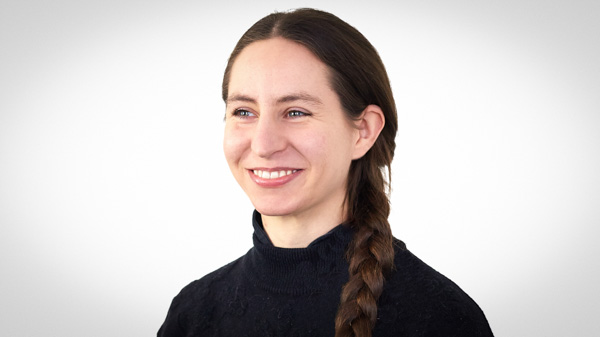Making sense of our connected world

Yochai Benkler – Freedom, Power, Practical Anarchism. And an Interview.
Yochai Benkler was the speaker of the WZB Berlin Colloquium “Rethinking Law in a Global Context: Private Ordering and Public Authority” on 11 June 2013. Professor Benkler discussed his recent paper “Practical Anarchism: Peer Mutualism, Market Power, and the Fallible State”.
Based on several examples of working anarchies in the networked environment Benkler argued that peer mutualism works in certain contexts. Even though it is not perfect, it provides people with a new degree of freedom.
As individuals inhabiting a world of interlocked imperfect systems, we are susceptible to power shaping our perceptions, preferences, policies and principles as well as our actions, outcomes and configurations. Peer mutualism offers us a new way to bob and weave between those systems.
The core questions are how much of what people care about can be done in non-market, non-proprietary, non-governmental models? Do peer mutualism models offer enough of a solution space? And how corruptible are these nonhierarchical and noncoercive models?
I had the chance to interview Yochai Benkler after the Colloquium. I asked him about current developments centered on issues related to internet and society, what conditions are needed for commons-based peer production to flourish, how the discussion of selfishness versus human capabilities to cooperate translate into the realm of science and whether openness in science provides us with a new degree of freedom.
You can watch the interview below or listen to the audio version (mp3).
* This note draws on Benkler’s paper mentioned above as well as on the discussion during the Berlin Colloquium.
This post represents the view of the author and does not necessarily represent the view of the institute itself. For more information about the topics of these articles and associated research projects, please contact info@hiig.de.

You will receive our latest blog articles once a month in a newsletter.
Featured topics
The Human in the Loop in automated credit lending – Human expertise for greater fairness
How fair is automated credit lending? Where is human expertise essential?
Impactful by design: For digital entrepreneurs driven to create positive societal impact
How impact entrepreneurs can shape digital innovation to build technologies that create meaningful and lasting societal change.
Identifying bias, taking responsibility: Critical perspectives on AI and data quality in higher education
AI is changing higher education. This article explores the risks of bias and why we need a critical approach.




